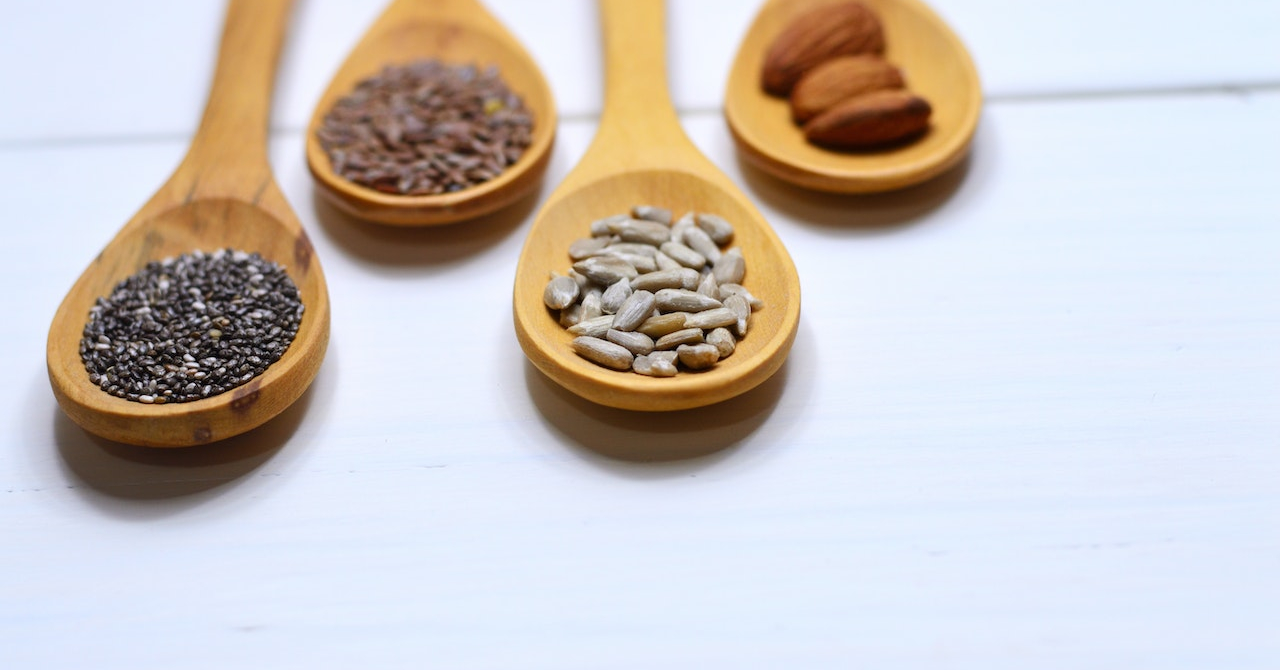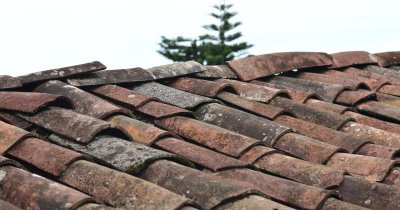According to Reuters, the vault is opened only as many as three times every year in order to limit the seeds' exposure to the outside elements.
The vault was opened first in 2008 and it already played an important role between 2015 and 2019, when its contents were used to rebuild Syria's damaged crops.
On Wednesday, October 12th, the vault added some 45.000 more seed samples from 13 gene banks located in Europe, Asia, Australia and Latin America, which brings the total number of seeds to over 1.2 million.
Iraq will make its first contribution, with 418 samples from various cultivated and wild species, including rice and wheat, while Uruguay will deposit 1.892 seeds of barley and wheat.
Stefan Schmitz, executive director of the Crop Trust which manages the facility alongside Norway, said that "the participation of countries in the Seed Vault's mission is vital to underwriting the life insurance that genetic diversity represents."
Mexico and South Korea are also among the countries that will make deposits on Wednesday at the vault.
The Svalbard vault should be of help in case of serious climate disasters that would otherwise destabilize our food supply system.
 Mihai - Cristian Ioniță
Mihai - Cristian Ioniță












Any thoughts?